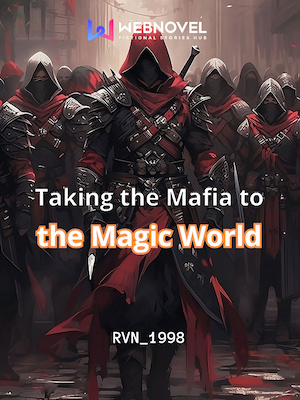Chapter 85: The Accursed Safe
After the victorious Battle of Rheims, the Austrian defenses in the region of Belgium crumbled. The Austrian forces fled in haste, and the French effortlessly occupied Aachen, moving swiftly towards the River Roer. Due to this string of victories, Dumas had risen to the status of a hero, a savior of France. However, at this very moment, unsettling news arrived that soured his mood.
The source of his displeasure, even hatred, was Carnot. After the Battle of Valmy, Carnot had been instrumental in shielding Dumas from unnecessary Parisian meddling. At that time, Dumas held Carnot in high regard. Yet, as he led his army into Belgium, he began to find Carnot increasingly irksome.
Now, his supply lines had grown longer, requiring goods to be transported from France via roads, a less efficient method compared to local procurement. So, according to the customary practice, the French government merely had to send him the funds, while Dumas would handle the supply purchases.
Even a fool would understand the immense profit potential in supplying nearly a hundred thousand troops. Dumas exploited this opportunity by inflating the numbers of troops, exaggerating their consumption rates, and engaging in corrupt practices such as overpriced, subpar supplies. He had amassed significant wealth through such means.
This method was common in later times as well. For instance, not long ago, Blanc purchased 13 sets of MK-45 127mm naval guns from the Bald Eagle for a staggering $1 billion. Everyone knew these guns were among the worst-performing 127mm naval guns worldwide, notably inferior to Italy's Otto 127 guns. There was no comparison, as there were numerous disparities in performance. Apart from being relatively lightweight, these guns had no other merits. Their lightweight nature was due to skimping on every possible aspect, to the point that their sustained firing rate was on par with the army's goods. When selling to other nations, these guns were relatively inexpensive, but when Blanc was buying, they demanded exorbitant prices. The reason was quite simple: if the price wasn't high, how could Blanc's procurement personnel pocket kickbacks?
Dumas was thriving with his newfound wealth when Carnot presented a so-called "military reform plan," which included a vital point: stripping frontline commanders of their financial authority and having specialized personnel sent by the War Department handle procurement. They even considered establishing a committee to scrutinize procurement bills. Carnot argued that this would help reduce costs and strengthen the government's control over the military. But this... it was tantamount to killing his parents!
Yet Carnot's absurd proposal, contrary to France's noble traditions, garnered widespread support in the parliament. This was understandable; it was a major source of wealth, and who in the parliament wouldn't want to control that power?
However, Dumas soon discovered that this was merely a minor inconvenience. The real crisis was King Louis XVI's treacherous safe!
Following the resolution of the crisis in Paris, the Rolands launched an all-out attack against Danton. With the safety of Paris now secured, the people were repelled by the terror and accused Danton of being responsible for the September Massacres. They compelled Danton to resign as Minister of Justice.
Danton still desired reconciliation with the Brissotins, particularly the Rolands. To achieve this, he publicly opposed the "Land Law" on September 25 and, on October 4, proposed ending the state of emergency in parliament. Ending the state of emergency also implied a gradual removal of price controls. Subsequently, when speaking with Lamarche, he even suggested that, for the sake of peace, he was willing to continue a constitutional monarchy, replacing the king with the Duke of Chartres (the son of the Duke of Orleans). In theory, this should have led to reconciliation with the Brissotins.
However, for some reason, Madame Roland had a peculiar loathing for Danton. They had no intention of letting Danton off the hook. They were adamant about persecuting Danton. They first accused Danton of embezzlement, demanding an audit of his accounts. However, Danton couldn't produce detailed accounts.
They then charged Danton with stealing royal assets during the upheaval of August 10 when the palace was in chaos. To safeguard himself, Danton had to lean towards Robespierre.
But Robespierre, too, was under attack from the Brissotins. They accused Robespierre of inciting violence during the August 10 revolution. In response to this allegation, Robespierre delivered a speech in parliament, asserting that the legitimacy of the current government and parliament was derived from the events of August 10. Any denial of the August 10 uprising amounted to a denial of the Republic itself. This accusation ironically elevated Robespierre's prestige.
So they changed their approach, accusing Robespierre of being responsible for the September Massacres and attacking him for attempting to become a dictator or even a usurper.
However, at this crucial juncture, on November 20, the safe incident erupted. The documents found in the safe undeniably proved the king and queen's treason, as well as some complicity of certain Brissotins with the king.
Armed with this evidence, Robespierre and his allies immediately went on the offensive, demanding the punishment of the king and other traitors for high treason.







